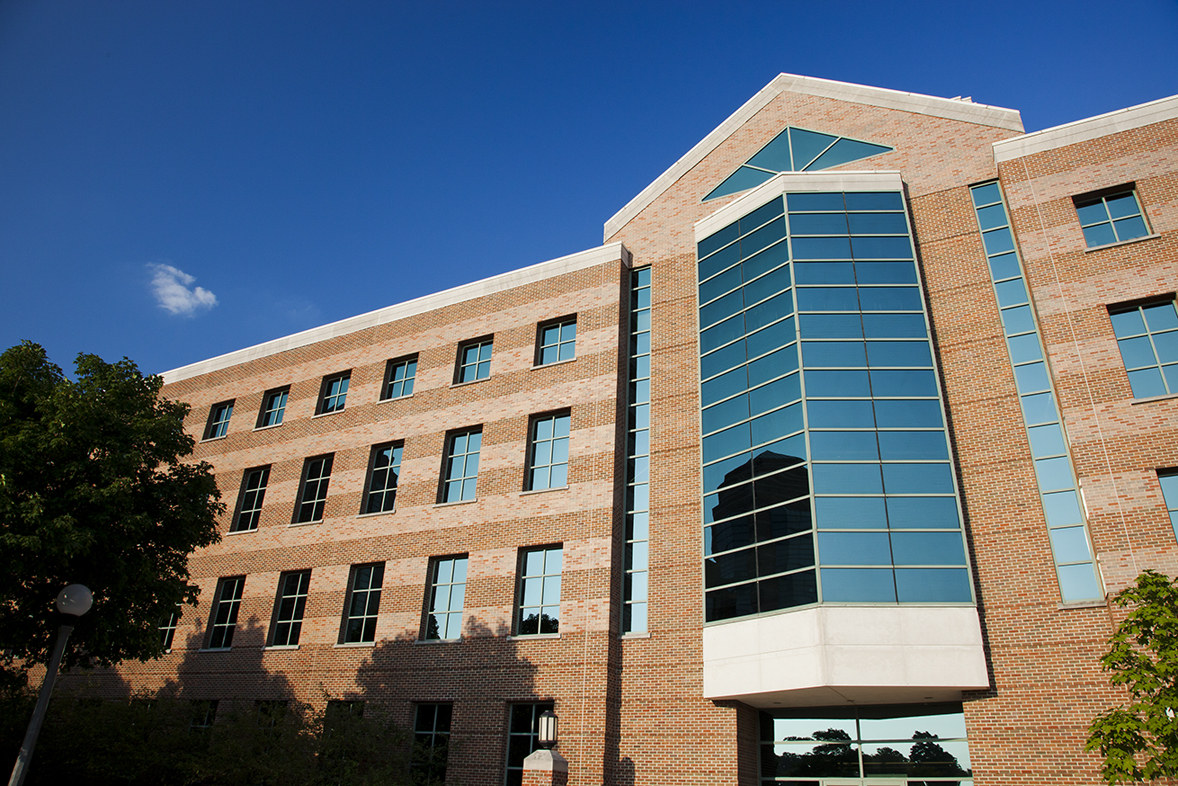Computational Biology and Healthcare Session
2:00 pm to 5:00 pm, February 24 in person at CSL B02
With the increase in the availability of biological data, computational tools are becoming increasingly important to life sciences. These tools range from signal processing and machine learning for modeling to algorithms and computing systems for decision making. The session will bring together researchers and students to discuss the latest advances in computational biology and healthcare.
The Computational Biology session will have a keynote speech by Prof. Ryan Mills from University of Michigan on the mosaic nature of the human genome due to the accumulation of somatic and mitotic variation. This session will consist of topics including but not limited to the following – (1) computer vision techniques for ethology, (2) information theory of DNA-based storage, and (3) machine learning applications using EEG data.
Keynote Speaker – Ryan Mills, University of Michigan

“Pebbles in the Sand: Exploring the Mosaic Nature of Neuronal Genomes”
Talk Abstract: Human genomes harbor significant variation both between and within individuals. Numerous studies have explored inherited variation across human populations and linked various germline polymorphisms to human traits and disease susceptibility. However, genomic sequences also vary within a single individual after zygote formation, resulting in somatic mosaicism. This mosaicism leads to genomic variants that range from individual cells to entire tissues and developmental lineages. We have recently begun to explore this mosaicism within the human prefrontal cortex, a region of the brain associated with numerous neuropsychiatric disorders including Alzheimer’s disease, schizophrenia, and bipolar disorder. Using a combination of single cell DNA sequencing and bulk tissue analysis from post-mortem human brains, we have identified numerous somatic copy number variants and retrotransposon insertions as well as evidence of ongoing somatic transfer of mitochondrial DNA into the nuclear genome. Our findings reveal intriguing attributes of these somatic variants, including regions of enrichment and depletion within the neuronal genome and associations with aging. Our work contributes to the growing body of research that suggests an ongoing accumulation of mitotic and post-mitotic somatic genomic variation, challenging the concept of a static human genome.
Invited Student Speaker – Tara Chari, California Institute of Technology

“The Elephant in the Room: Dimensionality Reduction in Single-Cell Genomics”
Talk Abstract: Dimensionality reduction is standard practice for filtering noise and identifying relevant features in large-scale data analyses. In biology, single-cell genomics studies typically begin with reduction to two or three dimensions to produce ‘all-in-one’ visuals of the data that are amenable to the human eye, and these are subsequently used for qualitative and quantitative exploratory analysis. However, there is little theoretical support for this practice, and we show how extreme dimension reduction, from hundreds or thousands of dimensions to two, inevitably induces significant distortion of high-dimensional datasets. We examine the practical implications of low-dimensional embedding of single-cell data, and find that extensive distortions and inconsistent practices make such embeddings counter-productive for exploratory, biological analyses. In lieu of this, we discuss alternative approaches for conducting targeted embedding and feature exploration, to enable hypothesis-driven biological discovery.
Student Speakers
Aniket Ravan
“Rapid automated 3-D pose estimation of larval zebrafish using a physical model-trained neural network”
Aditya Narayan Ravi
“Coded Shotgun Sequencing”
Krishnakant Saboo
“Individualized seizure cluster prediction using machine learning and ambulatory intracranial EEG”
Teja Gupta
“Tensor Decomposition of Large-scale Clinical EEGs Reveals Interpretable Patterns of Brain Physiology”
CONTACT US
For more information, please contact the session chair, Grant Greenberg (gcgreen2@illinois.edu).
